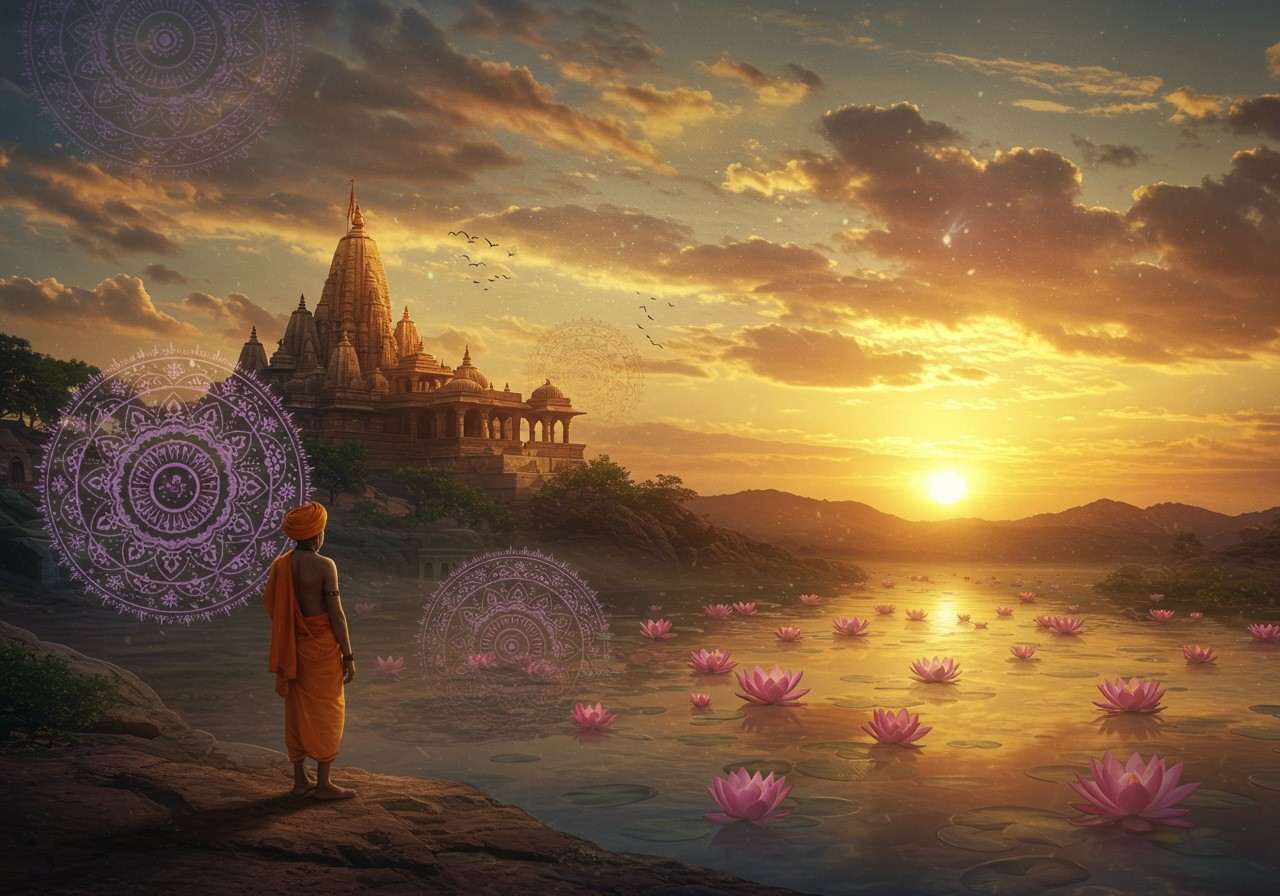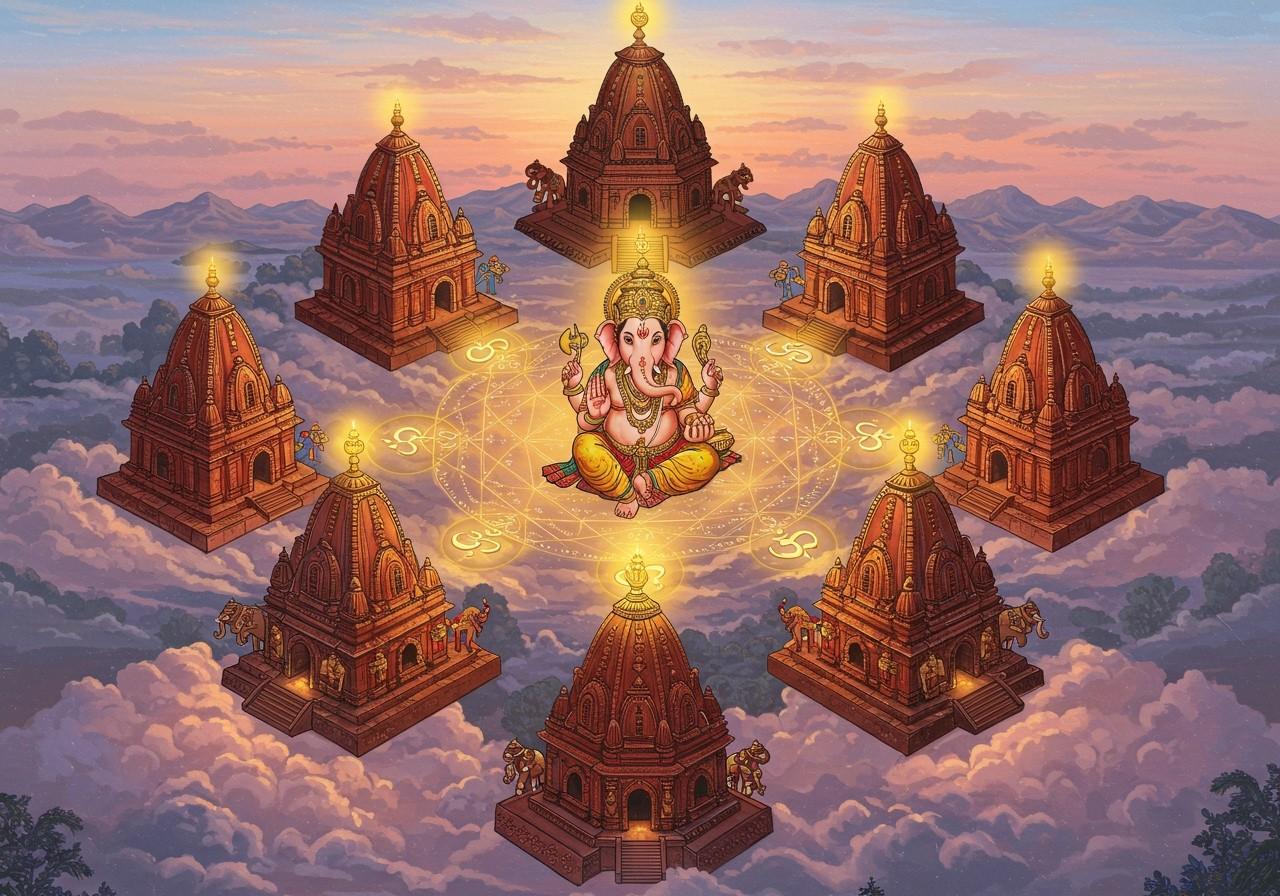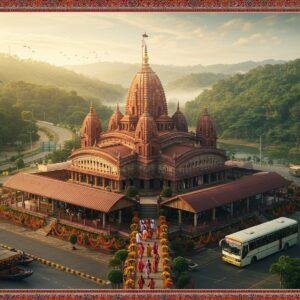
There are some poems that you don’t just read; you live them. Arun Kolatkar’s ‘Jejuri’ is one such masterpiece. For many of us in India, it feels less like a poem and more like a conversation with our own soul. It captures that unique feeling of being a modern person standing at the threshold of an ancient, sacred space, grappling with questions of faith, doubt, and our own identity. It’s a journey to the famous temple town of Khandoba in Jejuri, Maharashtra, but it’s also a journey inwards.

Kolatkar, with his brilliant mix of English and a Maharashtrian sensibility, speaks directly to our hearts. Let’s take a walk through the dusty lanes of ‘Jejuri’ together and discover why this collection of poems continues to be so special.
Exploring the Heart of Jejuri: The Feelings Within the Verses
Many of us often wonder what the central ideas are that Kolatkar explores in ‘Jejuri’. It’s not just about one thing; it’s a beautiful tapestry of complex human emotions set against a divine backdrop.
Faith Meets Scepticism: A Modern Pilgrim’s Dilemma
The poem beautifully captures the tug-of-war between belief and disbelief. The narrator isn’t a blind devotee; he is an observer, a rational mind trying to make sense of the deep-rooted faith that brings thousands to this holy town. This inner conflict is something so many of us experience – we respect our traditions, but our modern education makes us question things. Kolatkar doesn’t give answers; he simply holds up a mirror to this very personal struggle.
The Search for Who We Are
At its core, the pilgrimage to Jejuri becomes a powerful symbol for the bigger journey of life: the quest to find our place in this vast universe. The feeling of being a small part of something immense, the sense of alienation amidst a crowd of believers – these are themes that explore our own search for identity and meaning. It reminds us that sometimes, a spiritual journey is less about finding God and more about finding ourselves.
Life, Decay, and Timeless Traditions
Kolatkar has a keen eye for detail. He doesn’t just focus on the grand temple; he sees the life buzzing in every corner, and also the slow decay of old ways. The setting sun in the poem often feels like a symbol for fading traditions and withering faith. It’s a bittersweet feeling, celebrating the vibrancy of life while acknowledging that time changes everything. This honest portrayal is what makes the poem so real and touching.
Kolatkar’s Poetic Lens: Seeing Jejuri Anew
The magic of ‘Jejuri’ lies in how Kolatkar makes us *see* the world. Being a graphic artist, he didn’t just write words; he painted pictures with them.
- Words that Paint a Picture: Kolatkar uses simple, direct language to create incredibly vivid images. A temple door, a humble yellow butterfly, or the idol of Maruti are all described with such care that you feel like you are standing right there. It’s this focus on the concrete and the real that makes the spiritual elements of the poem even more powerful.
- Symbols Hidden in Plain Sight: Throughout the poems, certain symbols reappear, adding layers of meaning. The sun is a constant presence, sometimes a source of life, at other times a harsh, indifferent observer. A simple “sleeping dog” becomes a symbol for the dormant state of belief in the town. These are not complex academic symbols, but things we can all see and feel.
Why ‘Jejuri’ Still Speaks to the Indian Heart
This poem holds a special place for us because it perfectly encapsulates the essence of a pilgrimage – a cornerstone of our culture. It’s not just a religious act but a deep socio-cultural experience. Kolatkar offers a window into Maharashtrian heritage, yet the feelings he explores are universal to all of India.
In today’s fast-paced world, ‘Jejuri’ reminds us of the importance of slowing down, observing, and connecting with our roots. It validates our questions and our faith, showing us that both can coexist beautifully. It is a vital piece of Indian English literature, taking a profoundly local experience and sharing its soul with the world.
Bringing the Spirit of Your Own Sacred Journey Home
Reading ‘Jejuri’ might inspire you to connect more deeply with your own spiritual practices. While a physical trip to a temple like Khandoba’s is a beautiful experience, the true essence of devotion can be nurtured right in our homes. Creating a small, sacred space for daily prayers helps maintain that spiritual connection amidst our busy lives.
To help you on your path, Poojn.in is here to provide you with everything you need. We understand the importance of authenticity in worship. That’s why we offer a comprehensive range of Pooja Samagri, sourced with care and respect for tradition. From pure flammables for your lamps to beautiful decorative items for your deities, we ensure every product helps you create a truly divine atmosphere.
Conclusion: A Poem for the Ages
Arun Kolatkar’s ‘Jejuri’ is more than just a poem; it’s an invitation. An invitation to look at our traditions with fresh eyes, to embrace our doubts as part of our faith, and to find the sacred in the most ordinary of things. It’s a journey that resonates with the heart of every Indian who navigates the beautiful, complex path between the ancient and the modern. It truly is a timeless guide for the soul.


